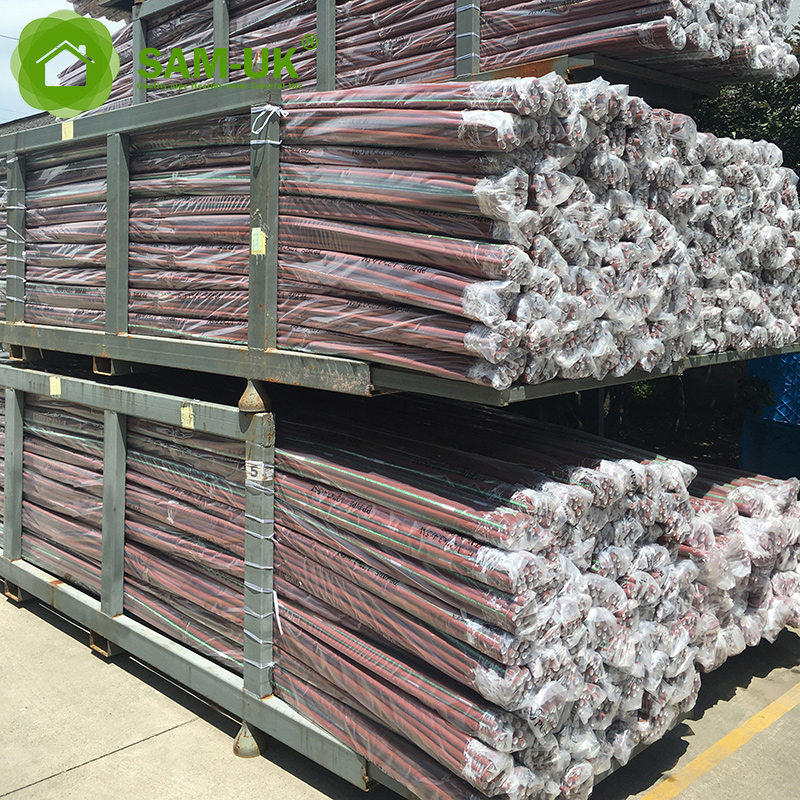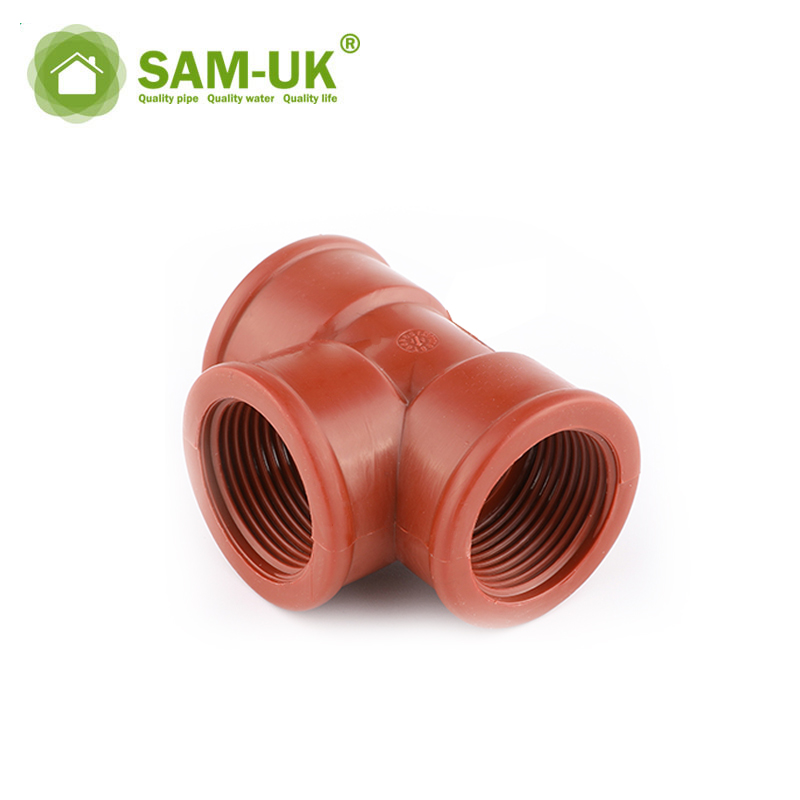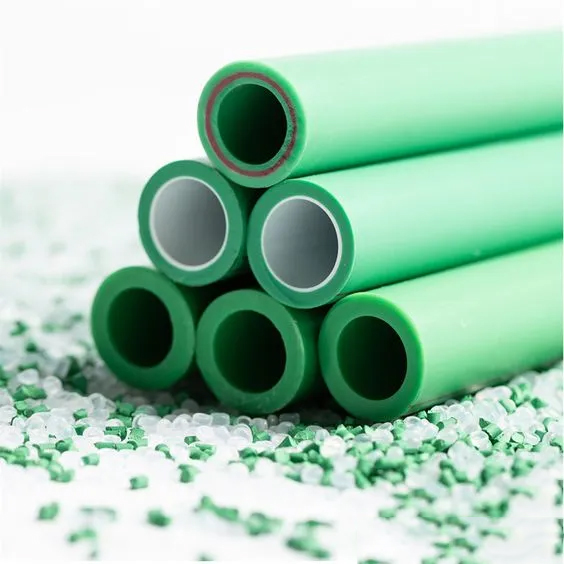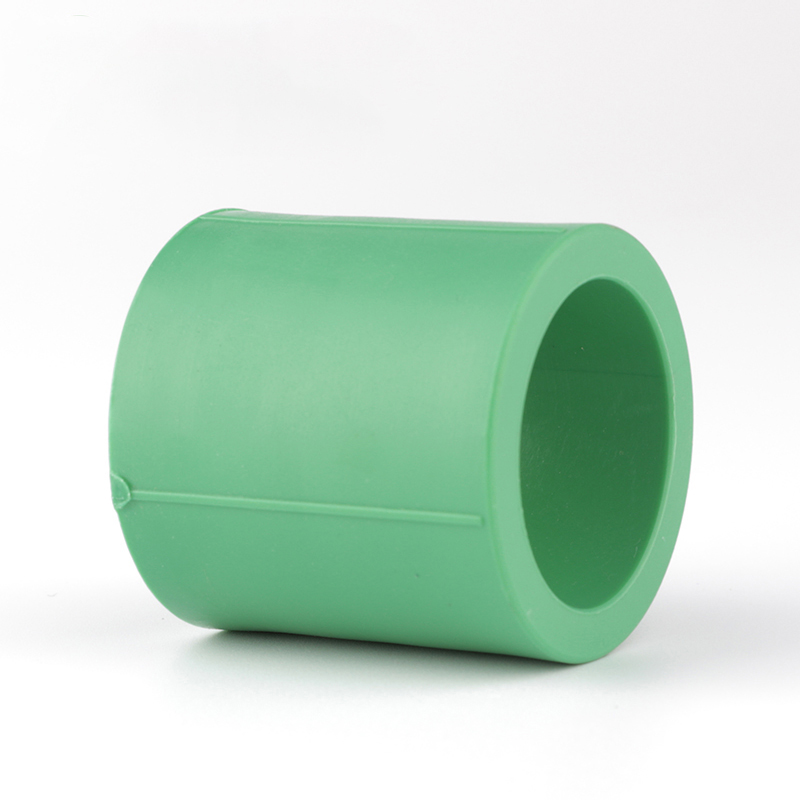Article Introduction
In the construction world, choosing the right pipe for your plumbing system is essential to ensure optimal performance and longevity. Two popular types of pipes used in plumbing systems are PPH pipes and PPR pipes.
In this article, we take a closer look at the differences between these two types of pipes, so you can learn more about PPH pipes and PPR pipes, and make an informed choice when purchasing !
What is a PPH PIPE
Polypropylene homopolymer (PP-H) piping system is a polyolefin and semi-crystalline thermoplastic system made from the polymerization of only propylene. PPH pipe has high tensile strength, which makes it suitable for use in aggressive and abrasive applications where other piping materials would be damaged. Sangir’s engineered PPH piping system is manufactured in accordance with DIN 8077 for hydrostatic design basis and follows SDR (Standard dimensional ratio) and PN (Nominal pressure in bar) pressure rating, which is the same in all diameters. SDR 11 = 150 PSI = PN 10 bar. PP-H piping is highly resistant to chemicals, acids, and alkalis, that are found in various industrial applications. PPH pipe fittings’ unique combination of properties, makes it an ideal choice for use in pickling plants chemical processing industry, pulp & paper, nuclear power, non-ferrous extraction, pharmaceutical, WTP & WWTP, and Food & beverage industries, where harsh chemicals and high temperatures prevail.

Features
- Chemical resistance: PPH pipes have excellent chemical resistance and can resist corrosion from a variety of chemicals.
- Wear resistance: Its structure makes PPH pipes perform well in long-term use.
- High temperature resistance: The operating temperature of PPH pipes can reach 100℃, which is suitable for high temperature environments.
- Anti-aging: PPH pipes have good anti-aging properties and long service life.
- Insulation: It has good insulation and is suitable for occasions requiring electrical insulation.
- Non-toxicity: PPH pipes are non-toxic and suitable for environments requiring food safety.
- Light weight: It is easy to transport and install, reducing the difficulty of logistics and construction.

Application scenarios
Due to the above excellent properties of PPH pipes, it is widely used in many fields such as chemical industry, food, medicine, water supply and drainage. Its chemical resistance and high temperature resistance make it particularly suitable for the chemical industry, while its non-toxicity and good insulation also make it widely used in the food and pharmaceutical industries.
What is a PPR PIPE
PPR pipes, also known as polypropylene random copolymer pipes, are a type of plastic piping used for hot and cold-water supply as well as for heating systems. PPR pipes are made from a type of plastic called polypropylene, which is known for its durability and resistance to corrosion. These pipes are widely used in the construction industry for a variety of applications, including residential and commercial plumbing, heating systems, and industrial piping.

Features
- High temperature resistance and high strength: PPR pipes use random copolymerization technology to significantly improve the strength and high temperature resistance of polypropylene.
- Long service life: PPR pipes can be used for up to 50 years, with high reliability and safety.
- Easy installation: PPR pipes are usually hot-melted, with firm connections and high reliability.
- Economical and practical: PPR pipes are moderately priced, have good thermal insulation and corrosion resistance, and have smooth inner walls without scaling.

Application scenarios
Due to their excellent performance, PPR pipes are widely used in home decoration, industry, agricultural irrigation and other fields. In home decoration, PPR pipes are often used in water supply systems. Due to their pressure resistance, corrosion resistance, and low scaling, they have become the preferred material for modern home decoration.
PPH VS PPR Main Key differences
PPH pipes & fittings and PPR pipes & fittings are both made of polypropylene, but they have several differences as follows.
- Different materials: PPH pipes and fittings use polypropylene copolymers, while PPR pipes and fittings use random copolymers of polypropylene, which have different molecular structures.
- Different temperature resistance: PPH pipes and fittings usually have a temperature range of 0°C-90°C, while PPR pipes and fittings usually have a temperature range of -10°C-95°C. Therefore, PPR pipes and fittings are more durable than PPH pipes and fittings in low temperature environments.
- Different compressive performance: PPR pipes and fittings have good compressive performance and their compressive strength can reach PN25 or PN32 level, while PPH pipes and fittings are weaker and their compressive strength is usually below PN16.
- Different coefficient of thermal expansion: PPR pipes and fittings has a smaller coefficient of thermal expansion than PPH pipes and fittings , so PPR pipe has less deformation in case of thermal expansion and contraction.
- Different colors: PPH pipe is usually white or gray, while PPR pipes and fittings are usually green or white.

Summary
PPH pipes & fittings and PPR pipes & fittings are both high quality pipes with certain characteristics and application scenarios, and the right material should be selected according to the actual needs; PPR pipes&fittings are suitable for some demanding piping systems, such as hot water piping, heating piping, etc., while PPH pipes&fittings are suitable for some low pressure, general temperature piping systems, such as drainage piping, chemical piping, etc.
If you want to purchase or learn more about PPH pipes & fittings and PPR pipes & fittings, you can consult SAM-UK staff to obtain more relevant information.

About SAM-UK
SAM-UK are a professional 18+ years manufacturer in producing vinyl building profile products and PVC , CPVC , PPH , PPR , PP pipes and pipe fittings, valves, taps and so on. We own the certificates of SGS\SONCAP\ISO9001\CE\NSF,support color /size customization. Welcome to consult for Catalog and Product. you can contact us at email [email protected]







